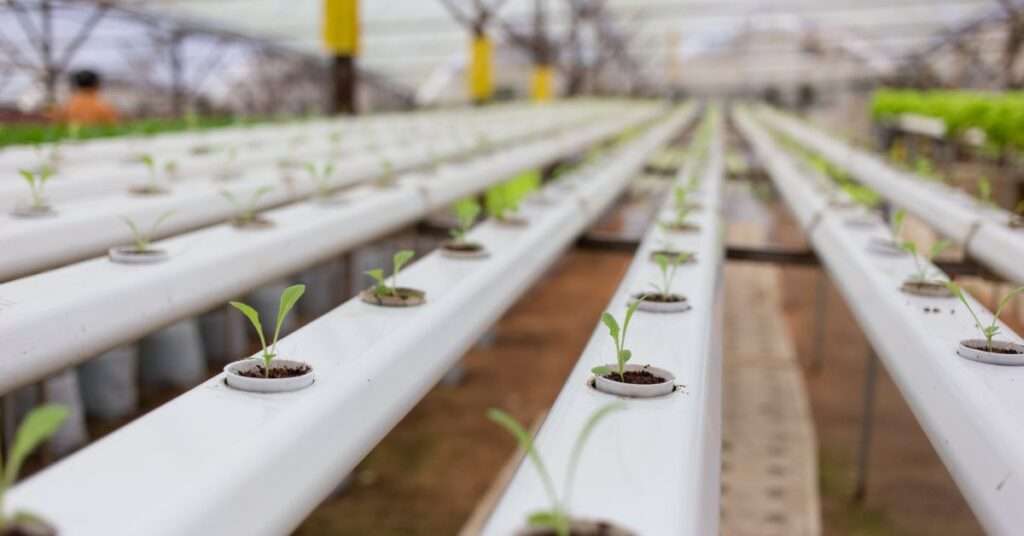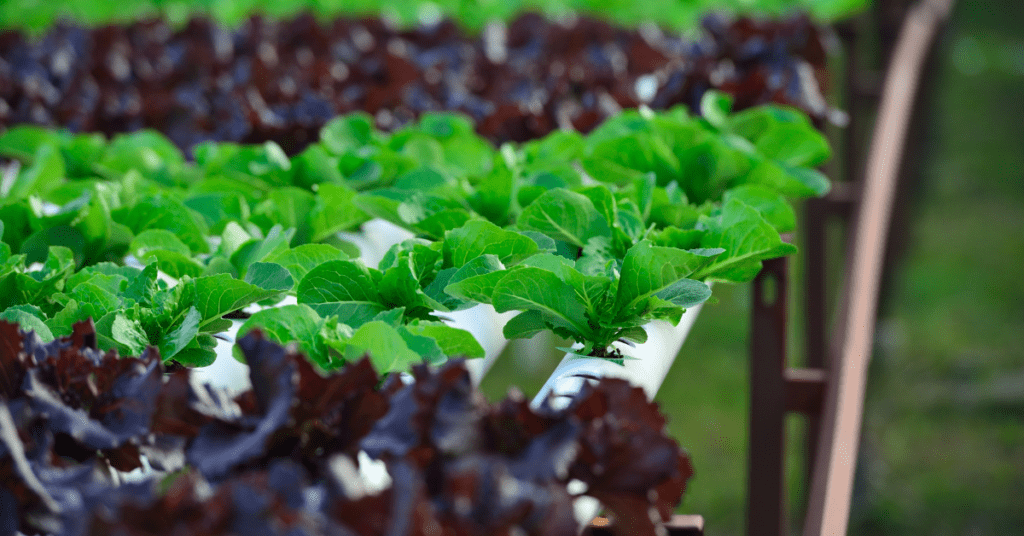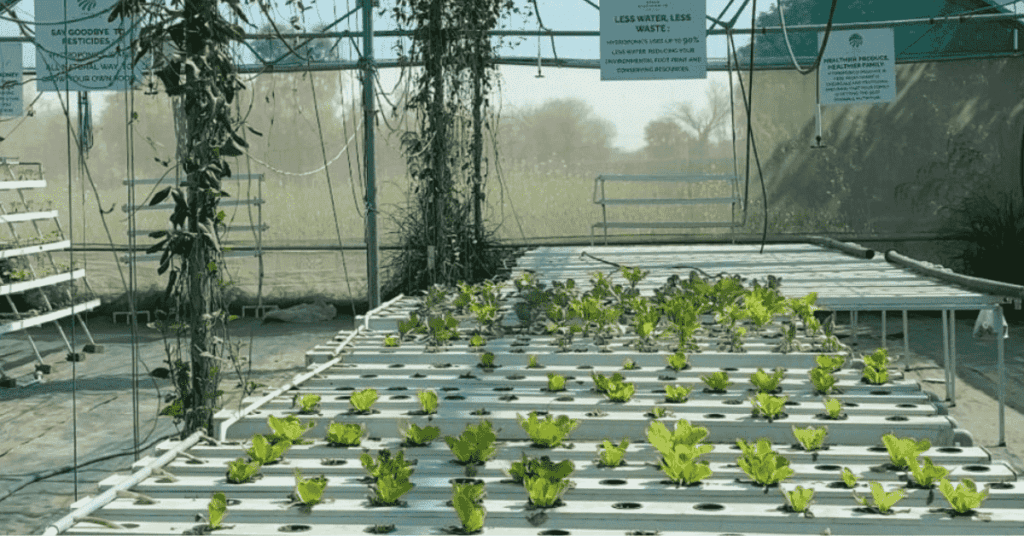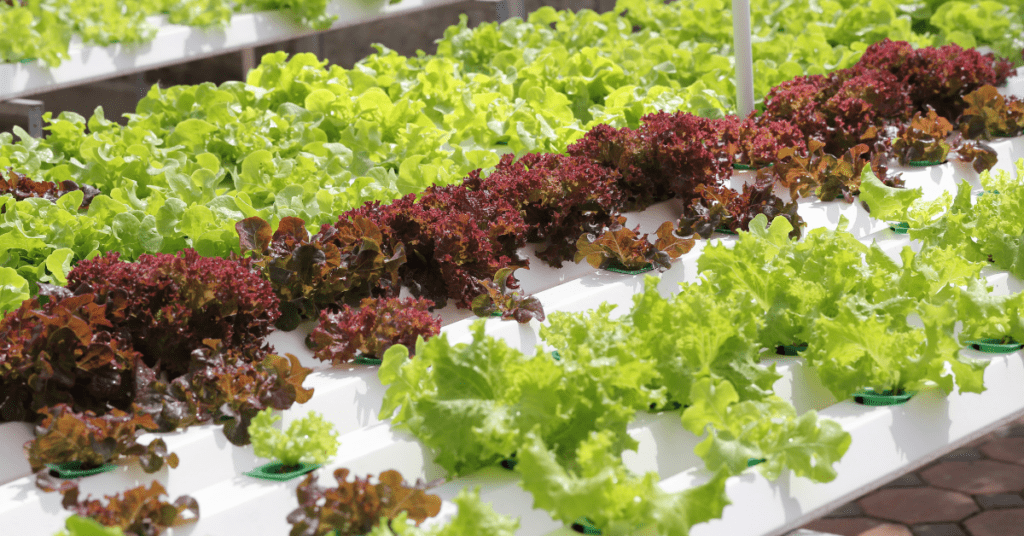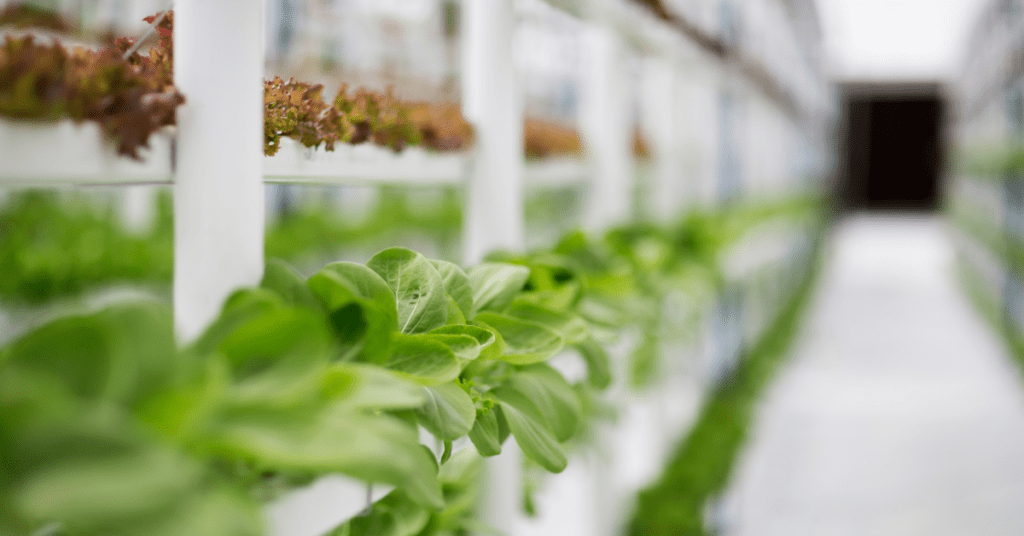Fascinating Facts About Hydroponics You Need to Know
Hydroponics, the method of growing plants without soil, has been revolutionizing the agricultural industry and home gardening alike. This innovative approach uses a nutrient-rich water solution to nourish plants, offering numerous advantages over traditional soil-based growing methods. Here, we explore some fascinating facts about hydroponics that highlight its benefits, history, and future potential. The Basics of Hydroponics Hydroponics involves growing plants with their roots submerged in a water-based nutrient solution. This method allows for precise control over the nutrients and pH levels, leading to optimal plant growth. Common hydroponic systems include: Nutrient Film Technique (NFT): A thin film of nutrient solution flows over the roots, providing constant nourishment. Deep Water Culture (DWC): Plant roots are suspended in nutrient-rich water, often with air stones to oxygenate the solution. Ebb and Flow (Flood and Drain): Plants sit in a growing medium, and the nutrient solution periodically floods the system and then drains away. Aeroponics: Plant roots are misted with a nutrient solution, allowing maximum oxygen exposure. Advantages of Hydroponics Faster Growth Rates: Plants grown hydroponically can grow up to 50% faster than those grown in soil, due to the direct access to nutrients and oxygen. Higher Yields: Because hydroponics provides optimal conditions, plants often produce higher yields compared to traditional methods. Water Efficiency: Hydroponic systems use significantly less water than soil-based gardening, making them an environmentally friendly choice, especially in arid regions. Space Efficiency: Vertical hydroponic systems can maximize space usage, allowing for urban farming and indoor gardening in small areas. Pest and Disease Control: Without soil, the risk of soil-borne pests and diseases is greatly reduced, leading to healthier plants and fewer pesticides. Historical Roots of Hydroponics Hydroponics is not a modern invention. Ancient civilizations, including the Babylonians and Aztecs, utilized soil-less growing techniques. The Hanging Gardens of Babylon and the floating gardens of the Aztecs are early examples of hydroponic-like systems. The term “hydroponics” itself was coined in the 1930s by Dr. William Frederick Gericke, who successfully grew tomato vines using nutrient solutions. Modern Applications of Hydroponics Urban Agriculture: Hydroponics is a solution for urban environments where space and soil quality are limited. Rooftop gardens and indoor farms are becoming increasingly popular in cities worldwide. Food Security: In areas with poor soil or limited agricultural land, hydroponics can ensure a stable food supply. It’s also being used in disaster relief efforts to provide fresh produce quickly. Space Exploration: NASA has been researching hydroponics for growing food in space. The ability to grow crops without soil is crucial for long-term space missions and potential colonization of other planets. Commercial Farming: Large-scale hydroponic farms are producing a significant portion of the fresh produce available in supermarkets. This method ensures consistent quality and year-round production. Challenges and Future Potential Despite its many benefits, hydroponics also faces challenges. Initial setup costs can be high, and maintaining the systems requires technical knowledge and constant monitoring. However, technological advancements are making hydroponics more accessible and efficient. Innovations such as automated nutrient delivery systems, LED grow lights, and improved sensors are streamlining the process and reducing costs. The future of hydroponics looks promising. As the global population continues to grow, and climate change impacts traditional farming, hydroponics offers a sustainable solution for food production. The integration of artificial intelligence and data analytics could further optimize growth conditions, leading to even higher yields and more efficient resource use. Conclusion Hydroponics represents a leap forward in agricultural technology, offering numerous benefits over traditional soil-based methods. From its historical roots to its modern applications and future potential, hydroponics is transforming the way we grow food. Whether for urban agriculture, space exploration, or commercial farming, this innovative method holds the promise of a more sustainable and efficient future for food production. As technology continues to advance, hydroponics is set to play an increasingly important role in feeding the world.

